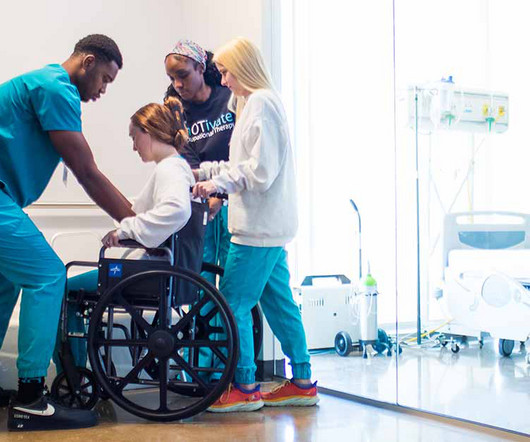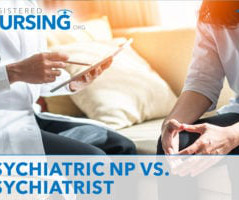DNP vs. NP: What is the Difference?
University of St. Augustine for Health Sciences
AUGUST 24, 2023
These are the necessary steps to become an NP : Step 1: Get your Bachelor of Science in Nursing (BSN) and get your RN license: Obtain your BSN and apply to the appropriate nursing regulatory body and successfully complete the NCLEX-RN examination, and meet any other state requirements. What Is a DNP? or higher on a 4.0 or higher on a 4.0











Let's personalize your content